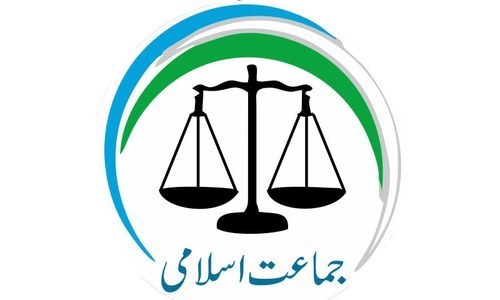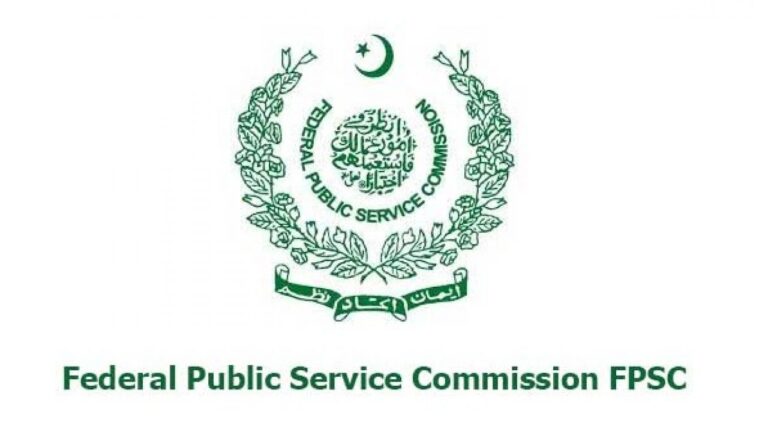𝐓𝐡𝐞 𝐑𝐢𝐠𝐡𝐭 𝐭𝐨 𝐅𝐨𝐫𝐦 𝐚 𝐏𝐨𝐥𝐢𝐭𝐢𝐜𝐚𝐥 𝐏𝐚𝐫𝐭𝐲 𝐔/𝐀 𝟏𝟕 𝐨𝐟 𝐭𝐡𝐞 𝐂𝐨𝐧𝐬𝐭𝐢𝐭𝐮𝐭𝐢𝐨𝐧 𝐚𝐥𝐬𝐨 𝐈𝐧𝐜𝐥𝐮𝐝𝐞𝐬 𝐑𝐢𝐠𝐡𝐭𝐬 𝐭𝐨 𝐕𝐨𝐭𝐞, 𝐂𝐨𝐧𝐭𝐞𝐬𝐭 𝐄𝐥𝐞𝐜𝐭𝐢𝐨𝐧𝐬 𝐚𝐧𝐝 𝐄𝐥𝐞𝐜𝐭 𝐚 𝐂𝐚𝐧𝐝𝐢𝐝𝐚𝐭𝐞 𝐨𝐟 𝐎𝐧𝐞’𝐬 𝐂𝐡𝐨𝐢𝐜𝐞. 𝐁𝐞𝐢𝐧𝐠 𝐚 𝐏𝐫𝐨𝐜𝐥𝐚𝐢𝐦𝐞𝐝 𝐎𝐟𝐟𝐞𝐧𝐝𝐞𝐫 𝐃𝐨𝐞𝐬 𝐧𝐨𝐭 𝐃𝐞𝐛𝐚𝐫 𝐚 𝐏𝐞𝐫𝐬𝐨𝐧 𝐟𝐫𝐨𝐦 𝐂𝐨𝐧𝐭𝐞𝐬𝐭𝐢𝐧𝐠 𝐄𝐥𝐞𝐜𝐭𝐢𝐨𝐧𝐬: 𝐒𝐂
Article 17 of the Constitution confers a political right on the citizens of Pakistan that they can form a political party to participate in elections and form a government if they win. A larger bench comprising Honorable Justice Syed Mansoor Ali Shah (the Author judge), Justice Jamal Khan Mandokhail and Justice Athar Minnallah, has expansively and broadly interpreted the said Article to mean that it also includes right to vote, right to contest elections and right to elect a candidate of one’s choice. The said Article becomes meaningless of the other penumbral rights are not read into it.
The Court held that no other right is more precious in a democratic society other than the right to vote and participate in the process of electing a government. Other rights becomes a mere illusory, if the right to vote and contest elections are not ensured to be exercised freely and fairly.
The case in hand came before the SC in the background of a petitioner whose nomination papers were rejected by the Returning Officer which was challenged before the Appellate Tribunal and the same order was reversed, and his nomination papers were accepted. The ground for rejection of the nomination papers was that a court had declared him proclaimed offender. Thus, being a proclaimed offender he could not contest elections as a candidate. The Election Commission challenged the order of the Appellate Tribunal before the Lahore High Court which again held that being a proclaimed offender, the petitioner cannot contest elections and his nomination papers stood rejected.
The very order was challenged before the SC wherein the larger bench ruled that a person cannot be disqualified or bared from contesting elections on the grounds other than those mentioned in Articles 62 and 63 of the Constitution or any other law. Article 4 of the Constitution unequivocally stipulates that every person shall be dealt with in accordance with law, which means that no one can be restrained from contesting elections on assumptions or a ground which the Constitution or the law does not provide for.
The Court further held that disadvantage for being a proclaimed offender ordinarily relates to the case in which the accused has been declared so. It cannot be enlarged to other cases such as the instant one wherein the petitioner has been prohibited from contesting elections on account of being declared offender. The Court held that one cannot be punished in a case for doing wrong in another case, unless the law provides to the contrary.
c.p._150_2024_3012024



